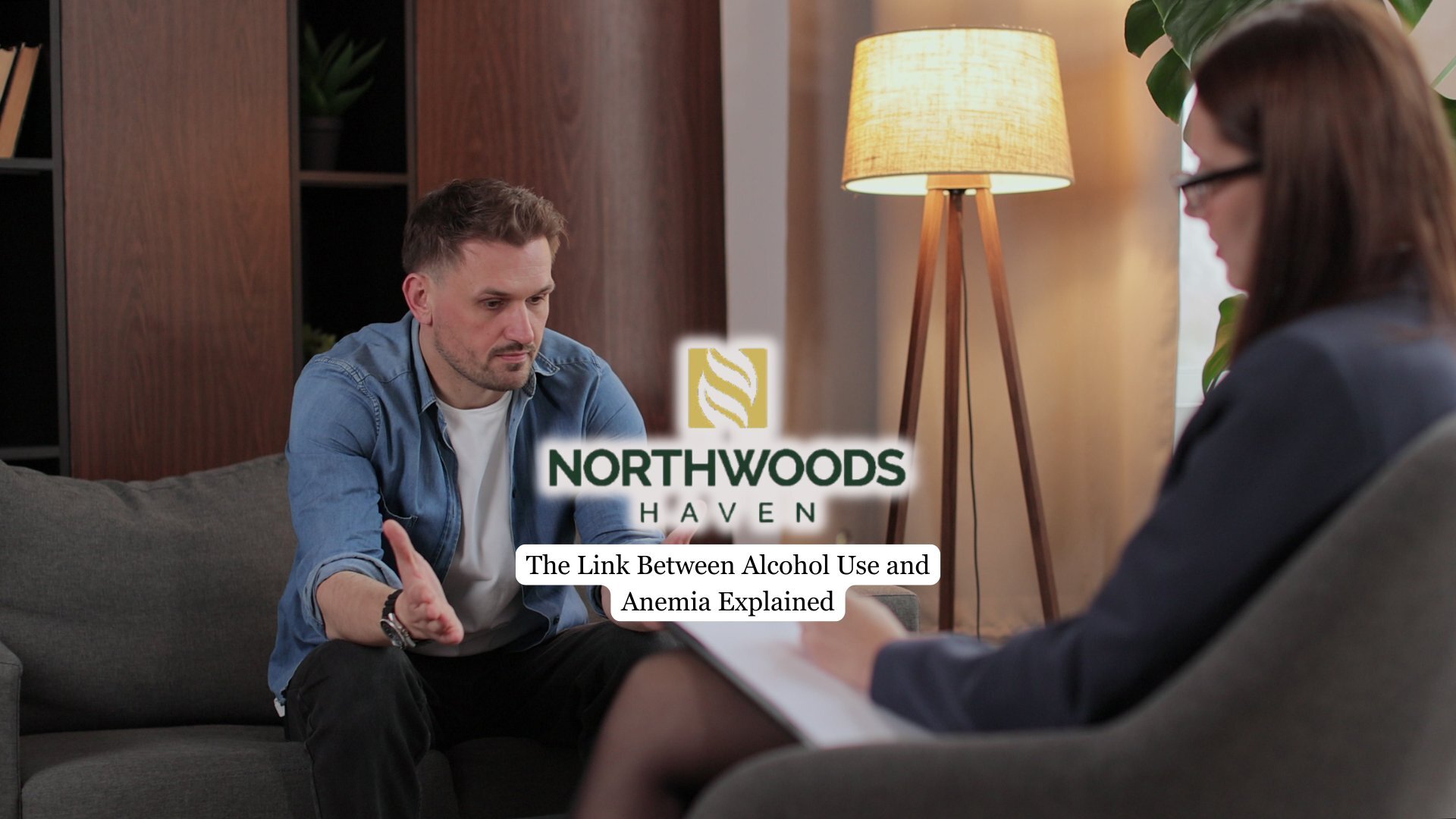The kindling effect refers to the neurological process where repeated withdrawal from alcohol leads to increasingly severe withdrawal symptoms. It’s a critical concept for anyone struggling with alcohol addiction or supporting someone through recovery.
In this article, we’ll explore how the kindling effect develops, its impact on relapse and withdrawal, and how addiction treatment can help interrupt the cycle.
What Is the Kindling Effect?
The kindling effect is a progressive phenomenon observed in the brain and central nervous system. With each subsequent withdrawal from alcohol, the body becomes more sensitive, causing a worsening of the symptoms of alcohol withdrawal over time.
Initially studied in epilepsy research by a neuroscientist named Graham Goddard, kindling was first observed when Goddard electrically stimulated brains of rats, leading to seizure disorders after repeated stimulation. This same mechanism appears in people undergoing repeated alcohol withdrawal, leading to increasingly severe symptoms like seizures, delirium tremens, and intense mood changes.
For people suffering from kindling, each attempt to quit drinking becomes more dangerous. This risk is why understanding and treating the kindling effect is so vital in the context of alcohol addiction and long-term recovery.
Kindling and Alcoholism
People with alcohol use disorder often undergo multiple cycles of alcohol abuse, withdrawal, and relapse. Over time, repeated alcohol detox experiences can cause kindling effects, making each withdrawal more intense than the last.
While early withdrawal may cause mild anxiety or tremors, subsequent withdrawal phases can escalate to severe symptoms, including hallucinations, seizures, or delirium tremens—a life-threatening condition marked by confusion, agitation, and cardiovascular distress.
This escalation is the result of disrupted neurochemistry. Alcohol suppresses activity in the brain’s gamma-aminobutyric acid (GABA) system—a key neurotransmitter involved in calming the brain. When someone stops drinking, the brain suddenly lacks this inhibitory stimulus, creating a hyper-excitable state. With each withdrawal, this imbalance worsens, leading to greater instability in the brain and body.
Effects of Kindling on the Brain and Body
The effects of kindling are cumulative and neurological. Each withdrawal episode essentially primes the brain for a stronger reaction the next time. This is what makes the kindling effect so dangerous—not just the severity of symptoms, but the risk of relapse due to fear of those symptoms.
People may experience heightened anxiety and depression, especially if they have pre-existing mood disorders like bipolar disorder. Seizures can become more frequent or intense, posing serious health risks. Over time, long-term changes in brain structure and function may occur, particularly in regions responsible for impulse control, mood regulation, and memory.
Those who experience the kindling effect may also struggle more with co-occurring addiction or mental health disorders, making dual-diagnosis treatment essential. Repeated withdrawal episodes can also disrupt sleep, worsen cravings, and make it harder to remain in treatment without medical support.
Treating the Kindling Effect in Alcohol Recovery
The first step to treat the kindling effect is recognizing the need for professional support. Individuals who have gone through multiple detox attempts or who have a history of seizure disorders should never try to quit alcohol abruptly or without supervision. A medically monitored detox from alcohol is critical for safety and stabilization.
Inpatient treatment is often recommended for people at high risk of severe withdrawal symptoms or those with a history of delirium tremens. However, outpatient programs may also be effective when paired with proper medical oversight and a comprehensive addiction treatment plan.
Some approaches to avoiding the kindling effect include:
- Medical detox with anticonvulsants or benzodiazepines to reduce the risk of seizures.
- Long-term behavioral health therapy to address root causes of alcohol addiction.
- Addiction medicine to reduce cravings and stabilize mood.
- Close monitoring of mood changes, especially in individuals with depression and bipolar disorder.
Ongoing support and relapse prevention planning are essential. When people quit alcohol under structured care, they significantly reduce their risk of developing the kindling effect in the future.

Why the Kindling Effect Matters in Addiction Treatment
Ignoring the kindling effect in addiction treatment can result in a cycle of repeated failure and increasing health risks. Each attempt to quit without professional help can reinforce fear of withdrawal and trigger further alcohol abuse. For people who already suffer from drug addiction, the kindling effect can compound both physical and psychological symptoms, making recovery even more complex.
Understanding this process is essential for clinicians, families, and anyone struggling with alcohol. The kindling effect shows how withdrawal symptoms aren’t just temporary discomforts—they’re progressive and potentially dangerous. A person’s journey to recovery must include both physical stabilization and long-term prevention strategies.
Ultimately, the goal of any treatment plan should be to interrupt the stimulus-response cycle that drives addiction, including the stimulus of fear that comes from prior withdrawal episodes. Through compassionate, evidence-based care, it’s possible to stabilize the brain and create a sustainable path forward.
Final Thoughts from Northwoods Haven Recovery
At New Chapter Faith Recovery, we understand how the kindling effect complicates the road to sobriety. Our team combines clinical expertise with compassionate, premium level care in Minneapolis, MN to support individuals through addiction therapy, and long-term recovery. Whether you’re navigating your first withdrawal process or coping with the effects of repeated attempts to quit alcohol, we’re prepared to help you.



